REVIEW: Three Sisters weaves together joy, fear, and the Biafran Civil War
The following review is a conversation between Intermission contributors Kemi King and Aisha Lesley Bentham. They both attended opening night of Soulpepper and Obsidian Theatre’s production of Three Sisters on March 7, 2024.
The following is a transcription of Kemi and Aisha’s conversation, which took place over Zoom on March 11. It has been edited for length and clarity.
Kemi King (KK): I’m Kemi, a Black femme theatre artist, and I’m very happy to be in conversation with you.
Aisha Lesley Bentham (ALB): Hi! I’m very happy to be in conversation with you as well. My name is Aisha Lesley Bentham, an artist-scholar and a vegan chef. I’m really excited to be talking about this show. As someone familiar with Chekhov’s work, it was really nice to see this particular adaptation. I really, really enjoyed it.
KK: We can start by talking about the atmosphere of the space, but also the experience of seeing the set for the first time. For me, it felt very familiar; I lived in Nigeria until I was six. I think Joanna Yu did a really good job of placing the location – I’m thinking specifically of how the walls are built. Because it’s not brick walls, it’s the mud, and what I think was grass on the roof. Even though a lot of the set is in that beige colour, it’s still very vibrant – I appreciated how Andre du Toit’s lighting and Yu’s set were able to do that.
ALB: I couldn’t stop looking at the set. I mean, there was a lot to look at, you know, in terms of characters and costumes, but the set! du Toit’s lighting along with Yu’s set design was able to really create a warm environment.
The lighting was something I was amazed by, because it offered this wonderful, orangey hue that bounced off the ground. You could feel that warmth emanating in the space – it’s very attractive.
KK: I really like what you’re saying about the warmth of it, because I think that for me it reflects the idea of a space being a home – a place of nourishment. It was a really beautiful way to start the show, with Udo’s birthday and everyone coming to celebrate her. It helped to hone in our understanding of how much this space means to this family.
In Inua Ellams’ adaptation of Three Sisters, the siblings are Lolo, Nne Chukwu, and the youngest, Udo. Two house servants and the sisters’ brother Dimgba also live in the home, but the compound is always bustling with soldiers, in-laws, and their uncle.
The play never loses its warmth, even when things fall apart for the family. And I think for me that really reflects themes of family, trust, and love, and the house literally holding them together.
ALB: This space felt very familiar for me, too. Both my parents are Guyanese. Although I didn’t grow up in Guyana, I’m first-generation Canadian, and the play reminded me of the Caribbean. The house has a concrete partition with diamond-shapes carved into it. I was like, ”˜oh, I’m very familiar with that.’ So I felt like I was among family in that space.
KK: The way the audience is positioned in relation to the set is that we’re kind of sitting in the family’s courtyard. But then, the way the set literally opens up – the walls move out to show the inside of the house – is definitely an invitation into their space as well.
ALB: Another big theme for me was this sense of happiness, this sense of joy, that was woven into the text so beautifully. Even when you could feel the heaviness of one scene, somehow, some character would come in and change the energy. And that’s the mark of some really good writing. It’s just so effortless.
But then the undercurrent of that joy is this longing; very remnant of Chekhov’s plays. And that longing feels desperate, but not negatively so. You can feel how much the three sisters long for different, better lives.
For Akosua Amo-Adem’s character, Lolo, that longing represents her desire to go to Lagos. We always came back to it. It’s this beautiful, cyclic journey between yearning and disappointment, which we see unfurl in most of the characters as the play progresses.
KK: We start the play with Udo’s birthday – though the family wants to celebrate, there’s still an edge of pain due to the death of their father one year ago and the absence of the things they wish they had. I feel that’s very reminiscent of real families, how everybody has their own things going on, but we’re still going to show up for one another, in both moments of joy and sadness.
There’s this trope that Africans always have parables for everything.
ALB: They do!
KK: And I think that’s done beautifully by Ellams here. But it was done in a way that feels very authentic in that most of the folks giving them are the elders. I also really liked how different characters responded to these stories. They were like, ”˜Yes, I hear you. Thank you. But why?’
ALB: Yeah, ”˜that doesn’t solve anything. Thank you.’ Yeah.
KK: That felt very real and a nod to the brilliance in the writing, being able to carry the audience along. And I think the audience loved it. There were so many Black folk in the theatre opening night! The energy was there, and the verbal responses helped fuel the experience for me. I think those reactions come partly due to the writing, but it’s also how Mumbi Tindyebwa Otu directs it. You can watch any character at any given time and see something completely dynamic – no one on that stage is ever stagnant. It was really beautiful to watch, and to hear the audience be alive with the story.
ALB: I say this in a good way: Chekhov plays have such a cadence, in a way that you don’t often see anymore. There’s this element of just sitting and existing. And there’s so much beauty in that, and Ellams emulates that perfectly. I could feel this essence of just observing and watching this family exist, which I found really relaxing.
I have to speak about Virgilia Griffith, who plays Nne Chukwu, the middle sister. The way that she holds the space in the first 15 minutes of the show is so palpable. Nne is just totally in her own world, despite the hubbub of her sister’s birthday.
I also really appreciated how much history was intertwined within this show. Not only did Soulpepper and Obsidian give you historical context in the program, but the play is so understandable, and doesn’t feel weighed down by its history at all. The way that Ellams was able to integrate that history into the script was wonderful.
KK: Yes! The play takes place in Owerri, Nigeria. And we go through a couple different years, starting in 1967, and then through the Biafran Civil War. We’re following this wealthy family with military ties.
ALB: You have the three sisters and then you also have their brother, who had a very different upbringing than the rest of them and got the chance to go to school for art and be a scholar.
It’s interesting, because Dimgba’s ”“ played by Tony Ofori – journey stands next to his sisters as the only man left in the family. I could feel this process of needing to prove himself in his decisions. But just seeing his journey, I resonated with it, I guess you could say. He just can’t catch a break.
KK: Everyone has these very particular relationships to one another, and then there are the roles that they’ve assigned themselves as to what they should and should not be doing, versus those assigned to them by other people. And sometimes they are able to break out of their moulds, but sometimes they aren’t, perhaps a testament to the play being set in the 1960s.
These characters are grappling with weighty questions. ”˜How do I fight against my responsibilities versus my passions – what’s more important?’ And I think a great thing is that there’s never an answer to that – it’s going to be different for each person.
Something I really appreciated was the eldest sister Lolo (Amo-Adem) coming to terms with the respect she has gained in her role as a teacher, versus what her role as a teacher actually is. She is forced to teach a curriculum that is different from what she believes. Throughout the play we see her fight against this and speak up about the insights she’s gained by reading texts such as Neo-Colonialism: The Last Stage of Imperialism by Kwame Nkrumah, which made her the only person with a true context for why the war had started and Britain’s part in it.
I would love to hear your thoughts on the conversation about colonialism in the play. I think it was very, very well handled. Even today, it reminds me of when we’re talking about Black-on-Black crime, where people say we’re the ones who aren’t helping ourselves – but why don’t we go back and talk about where this actually started?
I remember this line: Nmeri was talking about how nine years of emancipation is not long enough to repair 160 years of cultural destruction, and 200 years before that of slavery. Ikemba says that there should have been progression, but I agree, it is not enough time! I don’t know if there is ever enough time to heal from colonialism.
ALB: For Ikemba to respond that way just shows you how proximity is always something to consider. That person may have only been alive for 20 years, so for them, it’s taking forever. Whereas the grandparents have been living a lot longer, and so for them there’s this progression, that we’re finally getting somewhere.
So to me, in terms of that concept of colonialism, which we’re all still very much living in, I can see the way our generation speaks about colonialism, reconciliation, and decolonizing, and how that is very different from what was talked about when I was 10 or 12 years old. There is growth; things are moving and changing.
KK: I love that idea of proximity. Because I think that with anything, we want to consider everybody’s positionality, and how they might react or think about a specific thing. But sometimes when people are like, ”˜things are fine,’ and well, things aren’t fine – how do we move forward? I think there are historical practices that we can learn from, but due to colonialism there’s so much context that’s been lost.
Also thinking about proximity, thinking about the Nigerian lady Abosede (Oyin Oladejo) who marries into the family. It was so interesting for me because she shows up as a character who is poor. The joke was that her clothing is mismatched and she doesn’t speak proper English. And as the play goes on, she speaks more ”˜proper,’ and her dress becomes more Western. Her goal is to make her own life better, and I don’t think there’s anything wrong with that.
But for me it feels like she almost forgets who she is to become this other person. I don’t know if she became like this because of how she saw rich people treating her when she was poor, or to compensate for her own previous suffering. So thinking about proximity within that, how do you go from one to the other?
ALB: I’m glad you brought her story up, because the direction by Tindyebwa Otu was just fabulous. And I felt like her come-up mirrored the actions of Britain coming in and overtaking, which happened before the coup. Even just the way that she started to dress and represent herself felt so far from the traditional Nigerian style of clothing. Which were done beautifully by Ming Wong (costume designer). Oladejo’s character went completely to the other side. And I felt like that mirrored what was happening in society at that moment.
KK: Do you mean people profiting off this within the Nigerian population? Or do you mean, Britain’s influence in terms of whitewashing Nigerians?
ALB: Both? Because of what’s-his-name that never showed up.
KK: Yes, Benedict Uzoma, Chairman of the Owerri local council! We never saw him! I was like, is this a white man, yes or no?
ALB: See, interesting, right? We never see the chairman, who’s talked about a lot and who influences a lot of Abosede decisions. I feel like Abosede’s journey kind of mirrors what was happening more broadly in colonial Nigeria.
KK: Yeah, this unseen character, this higher power. That mirrors so much today. I’m thinking about, for instance, landlords who don’t know what’s actually happening in your home. They live across the country or in a different continent, but have so much power over what’s happening in your house.
We also don’t really see Abosede’s child, until really that last scene. I think about the impact – there’s this looming idea of the future, how the war is going to affect the children, how the history will be told.
ALB: I wanted to talk a little bit more about Wong’s costumes. The clothing is so beautiful, and it’s so satisfying to see how the family’s clothing changes from beginning to end, and what story that tells and shares with the audience.
And not even just their clothing, but their hair (head of wigs is Jacqueline Robertson-Cull), always referencing back to our very true reality, which is the complexities and journeys our hair takes as Black women. I really love that they made a point of underlining that. So subtle, but they made a choice to make it a thing – it wasn’t just fluffed. They had their straight, roller-set hair. And then as it moved into the war they had their natural hair; it wasn’t kept as prim and proper as before. And then moving into the end, which was like a mix of natural hair and head wraps ”“ things are starting to change, right. So I really enjoyed that very nuanced, subtle throughline.
KK: I’m thinking about how in the play various characters talk about how important it is to be part of a culture and also to be very proud of the culture. But when the war happens, it is about tribalism, and it’s really interesting for me when I think about blood quantum, thinking about how we try to fit ourselves into boxes – when there’s war or strife, we have to figure out who our family is. Who are we not going to accept into our houses? Who gets ostracized because of the tribe they’re from?
Right now, we think a lot about race. When you walk into certain spaces, we can decide if a space feels safe just based on what we see. While it feels like a marker of safety it’s not really an indication of anything. Because people exist in so many different ways, and unfortunately, not all skinfolk are kinfolk. It was really interesting to think about how, at that time in Nigeria, tribalism was really important, and for some people it’s still really important! But for me, living in Canada being Yoruba is almost the last thing that matters, in terms of identification anyway. And I say that as someone who believes identity is so important! What we need to learn is how to find safety in others without making it an us-versus-them, because there are bigger things to fight about – capitalism, for one.
I just feel that if Nigeria had been united, there could have been a better collective understanding of who the real enemy was, which were the occupying powers of Britain and France, not their/our literal neighbours.
ALB: I love what you’re saying. A way I think it could be interesting to take on this massive conversation around war, which is something that we’re in the middle of right now, through what’s happening globally and is always happening in some shape or form. I agree, why would we be fighting when we’re family and the actual enemy is out there. But that’s the power of fear, right? When fear doesn’t have a direction, it spreads. And so I think that’s why it’s so effective. When you’re afraid, it’s everything. Being able to understand you are in control of where that fear goes, and bringing it back to the individual, is a step forward. I think fear is important, we need it, it was something that was gifted to us as we entered this body as a human. But we need to understand how to hone it.
Thinking about this play and knowing that these different tribes were fighting among each other and not working together to defeat the actual enemy… I understand that, through the understanding of fear and how it can spread. I don’t agree with it, but I understand.
KK: Is there anything else that we want to talk about?
ALB: Everybody who worked on this show, from the dialect coach (Paul De Jong) to the cultural consultants (Sodienye Waboso Amajor) to the movement director (Esie Mensah) and the fight director (Anita Nittoly), everybody who created this atmosphere, everything was so intentional, and it felt like a fantastic sandwich. The right amount of everything for that perfect bite. That would be how I would describe this cast and crew because – and Soulpepper kind of said it on their Instagram – this is an all-star cast. Cast and crew. The people who were brought together to create this show are elite. The show feels so polished, like they’ve been doing this for years.
Tindyebwa Otu is great at creating an environment that’s comfortable. You can kind of sit with ease and be in the experience of what you’re watching. She does a really good job of welcoming you in with the work she does. And it was a pleasure to watch that. But then also to know that everybody brought their A-game to this show. It felt like a very clean, prestigious, high-quality production, and I feel like I haven’t seen that in a while. Sorry, Toronto, sorry. Not to say that with shade, just that is what it is. They did a fabulous job.
Three Sisters runs at Soulpepper until March 24. Tickets are available here.
Intermission reviews are independent and unrelated to Intermission‘s partnered content. Learn more about Intermission‘s partnership model here.

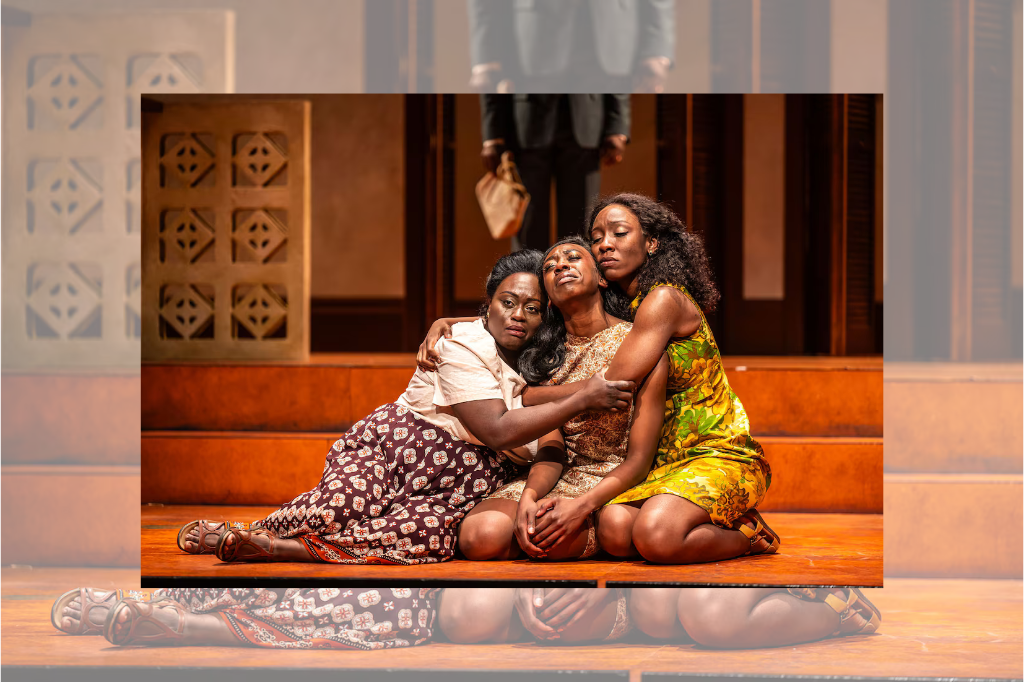
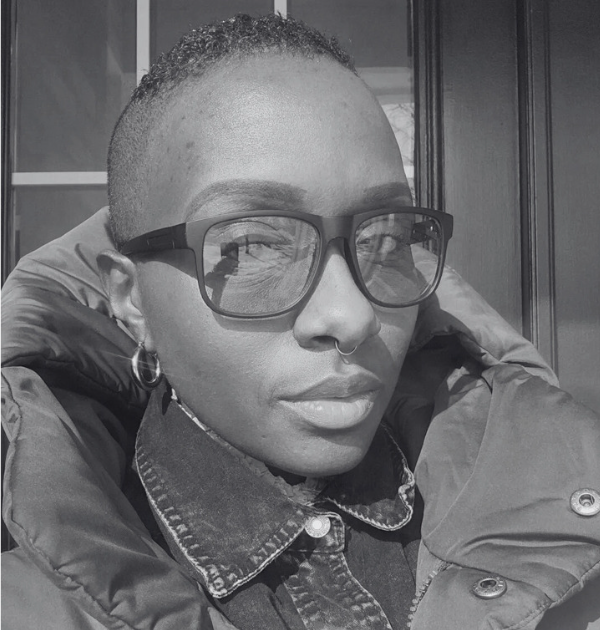
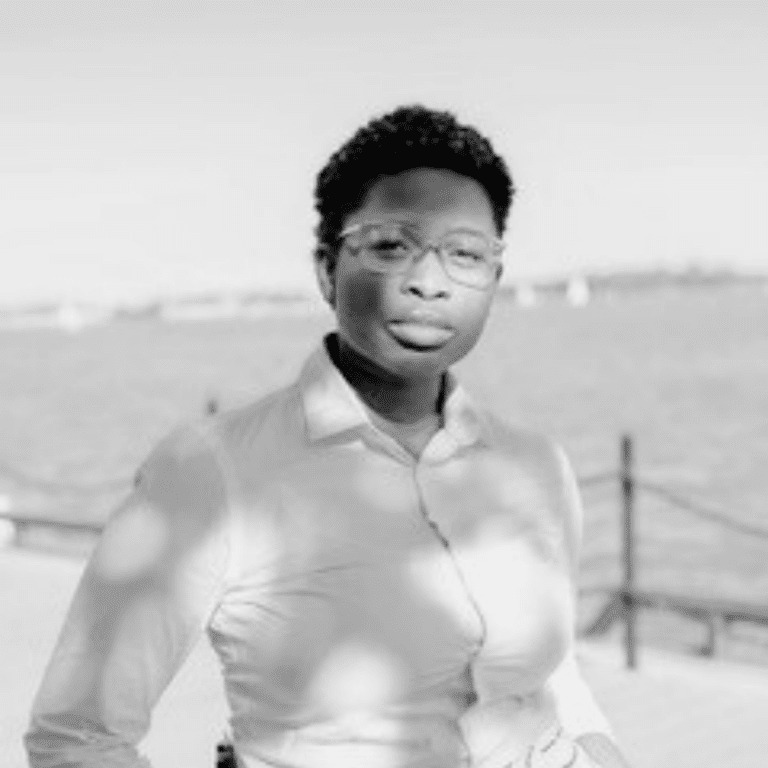






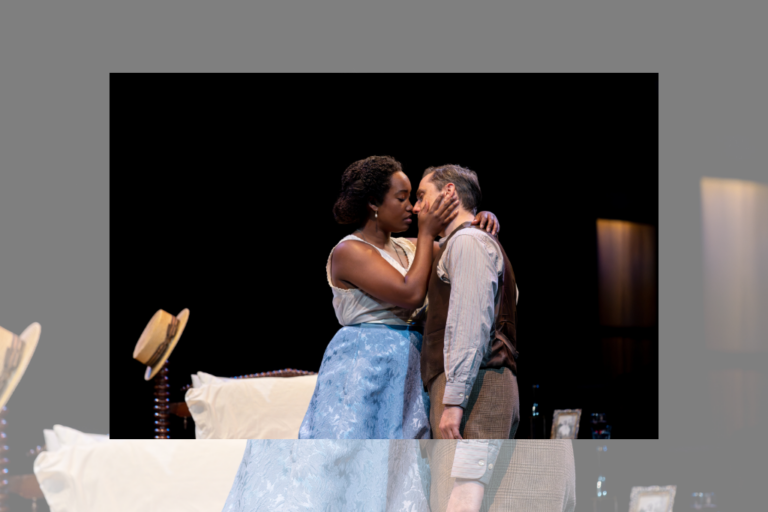
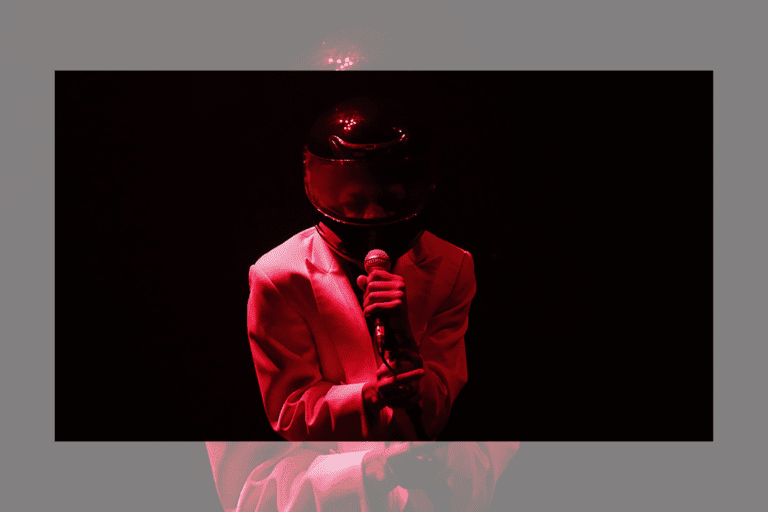

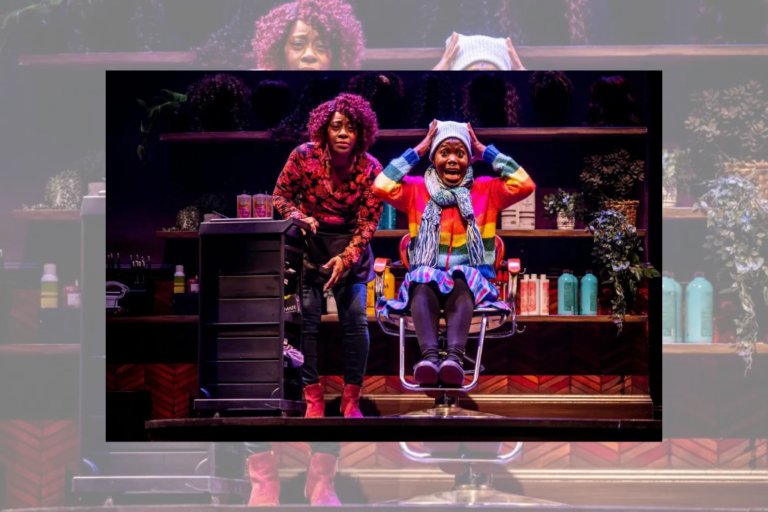
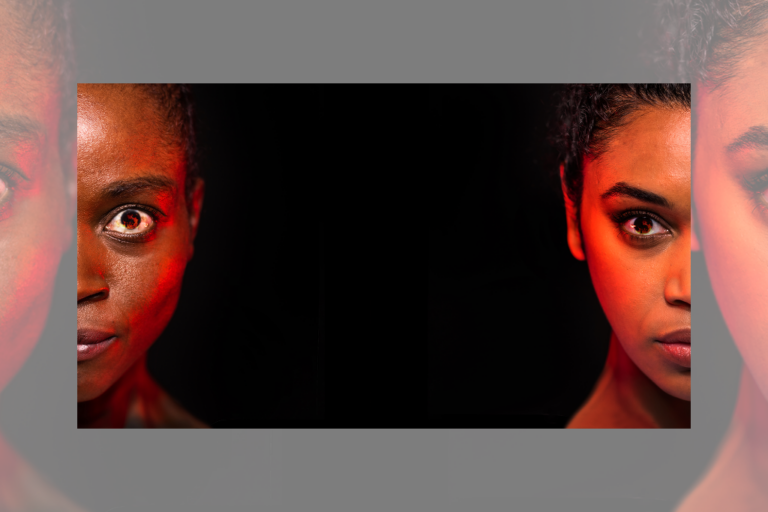
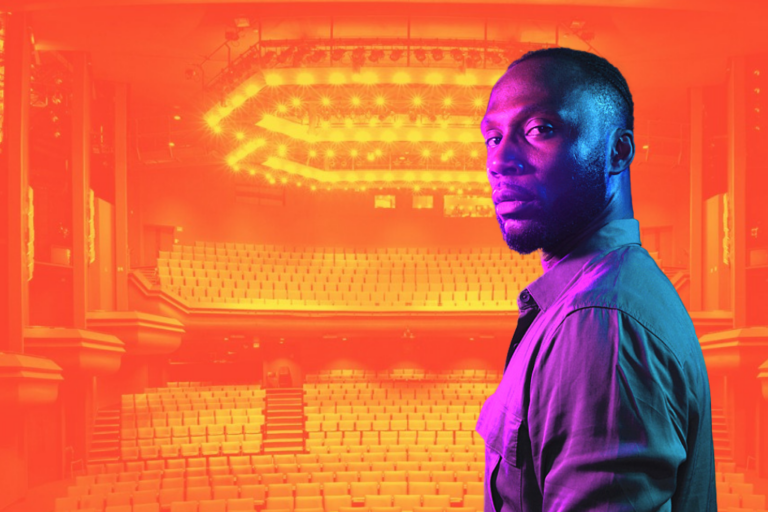
Comments